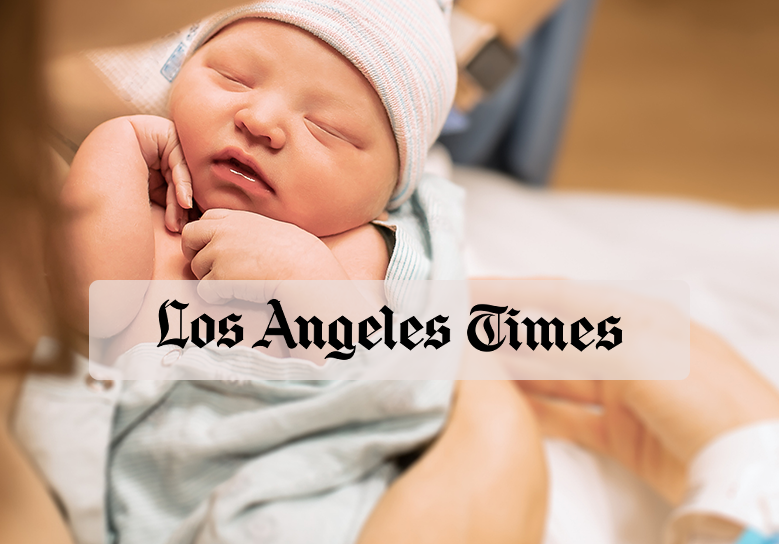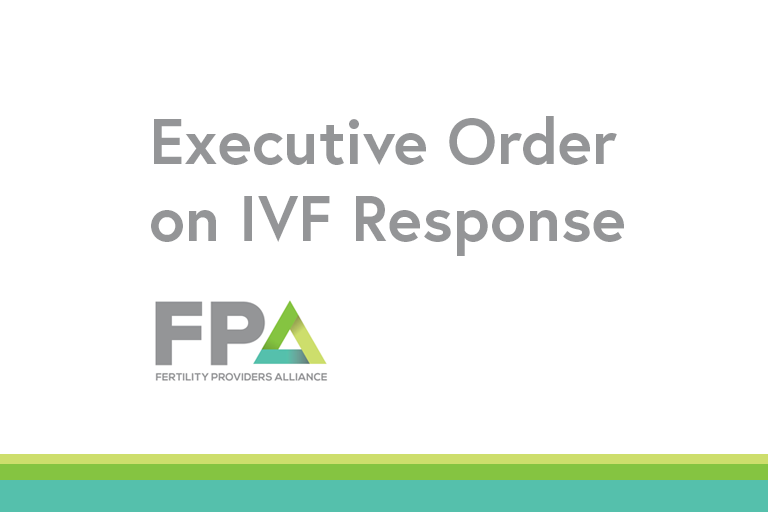If you have a fever, cough or shortness of breath, please stay home and contact our office at 888-377-4483.
RSC’s latest COVID-19 statement
August 12, 2021, update:
Reproductive Science Center (RSC) remains committed to protecting the health of our patients, our employees, and the communities we serve. In accordance with updated requirements from the California Department of Health, all partners or support persons accompanying patients entering any of the RSC clinics must provide proof of COVID-19 vaccination beginning September 1, 2021.
If you are a patient undergoing treatment, you are not required to be vaccinated.
Partners or support persons will be required to show one of the following:
- Centers for Disease Control & Prevention (CDC) COVID-19 Vaccination Record Card.
- Yellow WHO Certificate of Vaccination.
- Electronic Record of COVID Vaccination.
If you are an unvaccinated partner/support person, you will not be permitted entrance into any RSC location. Thank you for working with us as we work to keep everyone safe and healthy. We understand this is a difficult time, but we are dedicated to providing the highest quality of care in the safest environment possible.
Updates from Dr. Homer: COVID-19, vaccination, and pregnancy
This isn’t over yet – take action to be safe
October 1, 2020, previous update:
We wanted to update all of our patients about our current response to the COVID-19 (“coronavirus”) pandemic as it pertains to our practice, our patients, and our community. First, the physicians, embryologists, nursing team, and staff want to share our solidarity with you and your community during these difficult times. We all are part of the Bay Area community, some of us for decades, and this situation hits us where we live as well. This is an unprecedented situation that has impacted the entire world and we want to ensure that we do our part.
Through this latest COVID-19 statement, we want you to know that we are here to answer all of your questions and are still working and open seven days a week. We are observing and exceeding our specific county guidelines and taking every precaution that we can which we have outlined below. Please know that your health and the health of the community are at the forefront of our thoughts.
Traveling to RSC
We are so thrilled to see patients who travel from afar to Reproductive Science Center for fertility treatments. You are a valued part of our practice, and we love being able to help you with your fertility needs. We know that many of you have embryos, eggs, or sperm stored at RSC, or are not able to obtain the same quality of care or family-building options near your home and wish to come to RSC.
In light of the coronavirus pandemic and the risks associated with air travel, we are requiring all patients who visit RSC via air travel must self-quarantine for 14 days after they arrive in the Bay Area before they can be seen at RSC. We will still follow the same protocol of temperature checks and risk questionnaires after the 14-day quarantine that we have in place for all patients who are seen in our clinic. We recently began having all patients undergoing IVF stimulation, frozen embryo transfers, and surgery in the cycle participate in COVID-19 testing. Patients traveling via air travel will also have access to this testing.
This will not last forever! We expect to waive the mandatory quarantine in the future as we understand more about the risks of air travel. Our goal is to create the safest possible environment for all our patients and staff so that we can continue to provide great fertility care.
Updates from Dr. Homer: latest data from CDC, ASRM, and pregnancy outcomes
Personal COIVD-19 statement & discussion
Community responsibility
We are tracking multiple medical and government organizations and their recommendations, including our local county public health offices, our local hospitals, the CDC, the WHO, the FDA, and our federal government. We are in communication with IVF centers across the country as well to ensure that our collective knowledge can be maximized. To this end, we would like to let you know what we have been doing to reduce the risk of COVID-19 transmission.
Our primary action is to reduce all non-essential visits and treatment cycles in order to comply with the current recommendations. Additionally, we are offering telemedicine appointments for new patient consults and re-consultations. We are screening all patients per CDC criteria, taking temperatures prior to entering our waiting room, only allowing the patient to come to the office, staggering visit times, and minimizing in-person visits where appropriate. We will continue our diligent deep cleanings at our open site multiple times a day and continue to monitor our own staff for sickness and sick contacts. All of our employees understand that they will not come to work if they are not feeling well or have a known exposure.
Due to the most recent county health department notice on April 17, 2020, all patients must arrive at the clinic wearing a face mask covering their nose and mouth. Please make sure you have this type of mask and wear it prior to coming into the clinic for your appointment.
We will continue to follow all of the information that is available to us from our local and international community as it evolves. We will continue to update our patients accordingly. Please note that if anyone exhibits symptoms of COVID-19 or has had close contact who has been diagnosed with COVID-19 they will need to follow current guidelines of self-quarantining and treatment will need to be stopped.
Pregnancy
At the present time we have very little information regarding pregnancy and concomitant COVID-19 infection. Published studies and what news that we do know is encouraging.
At this time there does not appear to be a link between COVID-19 and birth defects. Unfortunately, there is no way to know 100% how the novel COVID-19 may affect pregnancies and, though this data will continue to mature, we will need at least one year to fully understand.
We do know that contracting the influenza virus (“the flu”) during pregnancy, especially in the third trimester, can lead to hospitalizations and possible early deliveries. Adverse outcomes like this have also been associated with coronavirus infections but to a lesser extent.
Based upon very sound scientific knowledge and experience with similar coronaviruses, no current U.S. medical associations are asking patients to refrain from conceiving. We will continue to monitor new data as well as medical society guidelines and update our patients. At the time of this statement, we are not advising patients to avoid conception unless they are at risk of severe complications with COVID-19 due to underlying health issues.
COVID-19 statement on laboratory and embryo security
Most of our senior leadership has been with RSC or working in the fertility space for more than 30 years. This includes our senior lab director, Dr. Kristen Ivani. We have plenty of supplies in our lab to ensure that our operations will run normally and the stored embryos, eggs and sperm are kept safe, even in the face of an extended lockdown time. Keeping your embryos, eggs and sperm safe is what we do and this will not change that.
Our primary focus during this shutdown is to do our part to minimize transmission of COVID-19 in order to flatten the curve and protect those in our community who are most vulnerable. At this time we do not see issues with conceiving. However, we are taking extraordinary precautions and pausing new treatments for the next few weeks. We will continue to assess our community’s, patients’, and staff’s needs in evaluating when we can resume cycles. We are currently hoping that we will be able to begin full treatments in early April so please hang in there! We are working hard to balance the needs of our patients and our larger community and look forward to resuming the work of helping you build your families.






